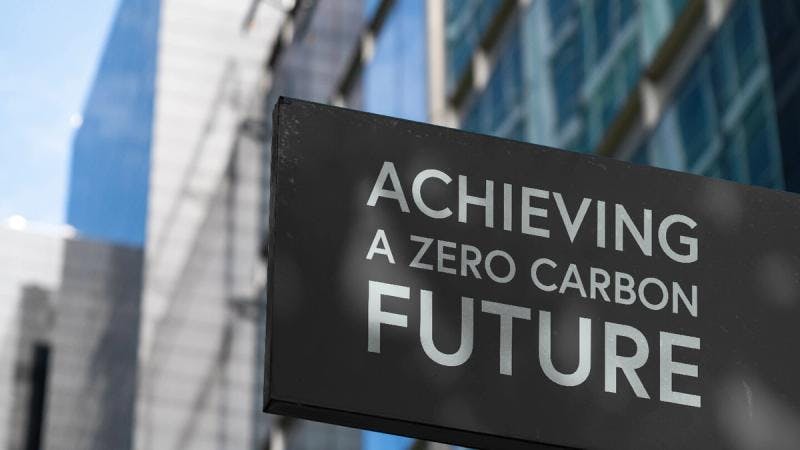Conservative Party Leader Kemi Badenoch has claimed that it is “impossible” for the UK to achieve its legal commitment of reaching net zero emissions by 2050. The target was set in a law passed by Theresa May’s 2019 Conservative government, pledging that – in line with the 2015 Paris Climate Agreement – the nation would cut carbon emissions until it removes as much as it produces.
In a speech launching the Conservative Party’s Policy Renewal Programme, Badenoch said net zero cannot be achieved by 2050 "without a serious drop in our living standards or by bankrupting us". She did not offer an alternative target, but stated that she would consider doing so if her party found a better way of delivering net zero. While lauding lower energy costs and environmental protection as "noble aims", Badenoch said current policies were "largely failing" to improve nature, while raising energy prices.
Until this point, the UK has largely seen years of political consensus on net zero. In fact, as a minister, Badenoch herself promoted the 2050 target as "crucial" to "achieve a cleaner, green future". However, opposition to this is on the rise. In February, the deputy leader of Reform UK, Richard Tice, said his party would focus on extracting more fossil fuels and recover money paid in subsidies to wind and solar companies via a series of new taxes.
Baroness Theresa May responded to Badenoch's speech, saying the 2050 target was "challenging but achievable". She added: "Delaying action will only harm the next generation and increase both the economic and social costs of climate change". Badenoch’s words also met with criticism from the Labour and Liberal Democrat parties. The deputy leader of the latter, Daisy Cooper, commented, "Scrapping net zero and renewable energy targets will simply increase our reliance on foreign fossil fuels".
As part of its commitment to reaching net zero, the current Labour government is expanding renewable energy in the UK. In its election manifesto, it pledged that it would invest £8.3 billion over five years in Great British Energy, a state-owned company to invest in clean energy projects.






